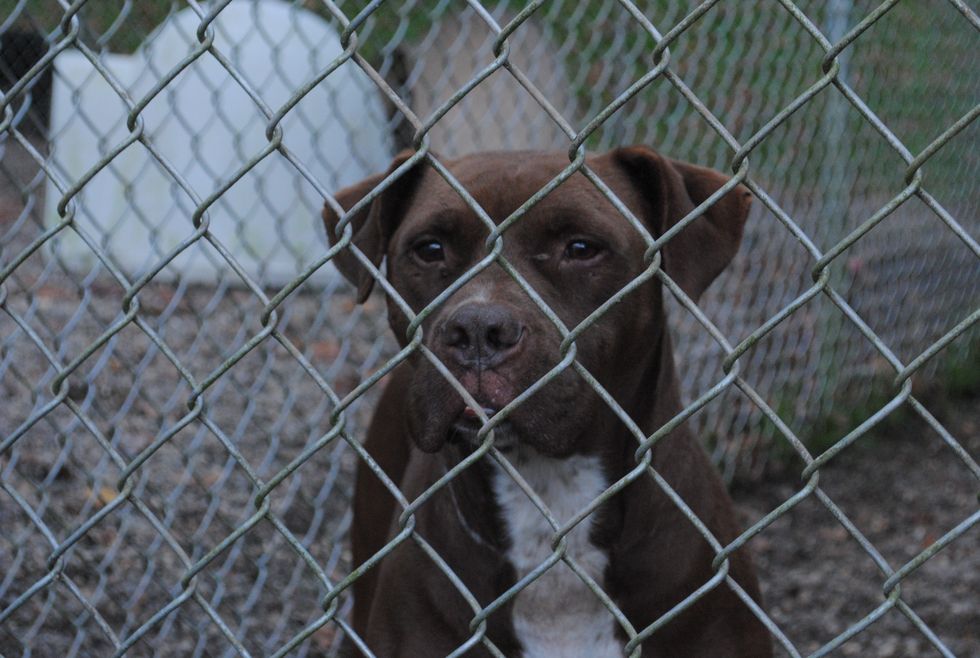Many people love dogs and why not? They are considered by many to be man's best friend and have been our faithful companions for thousands of years.
Through people's long relationship with these creatures, and many generations of selective breeding, dogs have become a diverse bunch with many different breeds. Because of this, people have a pleasant, and sometimes difficult, decision when it comes to choosing what kind of dog they want; nowadays, there is a different type of dog that can fit anybody's desires.
Sometimes, a certain dog can be considered trendy or more desirable, which creates a demand for them, and with this demand, there will be people seeking to supply that product, our dog's, for a profit. This is how puppy mills are created.
The Oxford Dictionary states that puppy mills are, "An establishment that breeds puppies for sale, typically on an intensive basis and in conditions regarded as inhumane." These are where many of our pure breed dogs come from.
Many puppies that are born in these mills are plagued with physical and psychological problems that they sometimes can not overcome. The life of their mothers are even worse; the female dogs that birth the puppies spend most of their lives giving birth, and more often than not when the mothers are pushed to their physical limits and cannot continue giving birth they are killed.
The deplorable conditions of puppy mills have been noticed by federal and state authorities in the recent years, and actions to regulate and improve the animals lives are being debated and discussed.
The United States Department of Agriculture is looking to regulate and create safety standards for people who are seeking to breed dogs.
The Purdue University Center for Animal Welfare Science is developing and testing uniform care standards for dog breeding and raising over the next two years. The USDA Animal and Plant Health Inspection Service is supporting the effort, and the agency earlier this year included creation of a private accreditor program for professional dog breeders among its goals for the next five years.
Candace C. Croney, PhD, director of the center and an associate professor of comparative pathobiology and animal science, said the center intends to create and test a set of voluntary standards applicable at any scale of dog breeding as well as useful in creating a dog breeder accreditation or certification program. Whether the dogs are raised for sale as pets or for research, compliance with the standards would meet the dogs’ needs for socialization, enrichment, and comfort and include well-being assessment.
So next time you decide it's time for a new furry companion, think about where they are coming from, and many go to your local animal shelter instead.

















